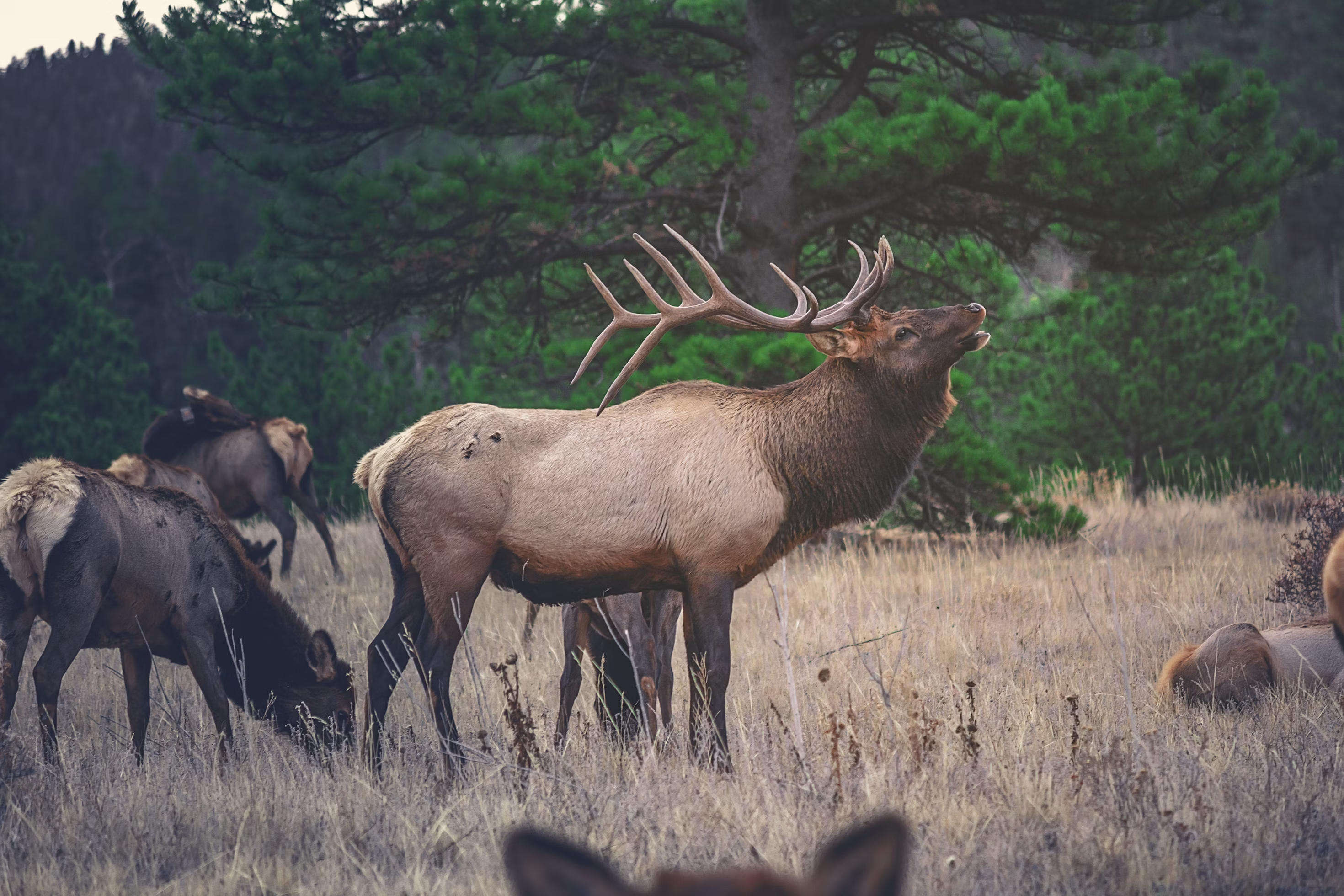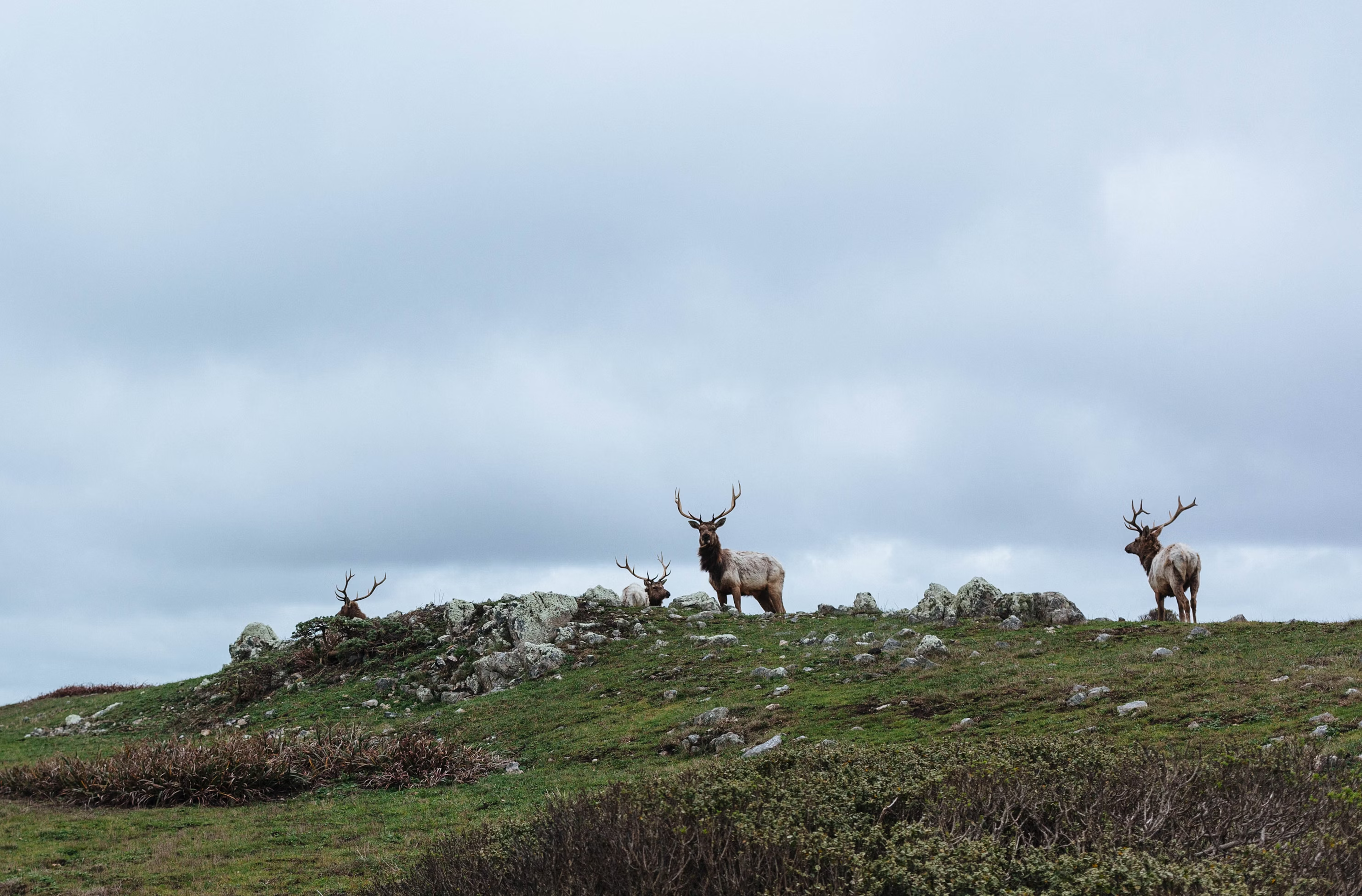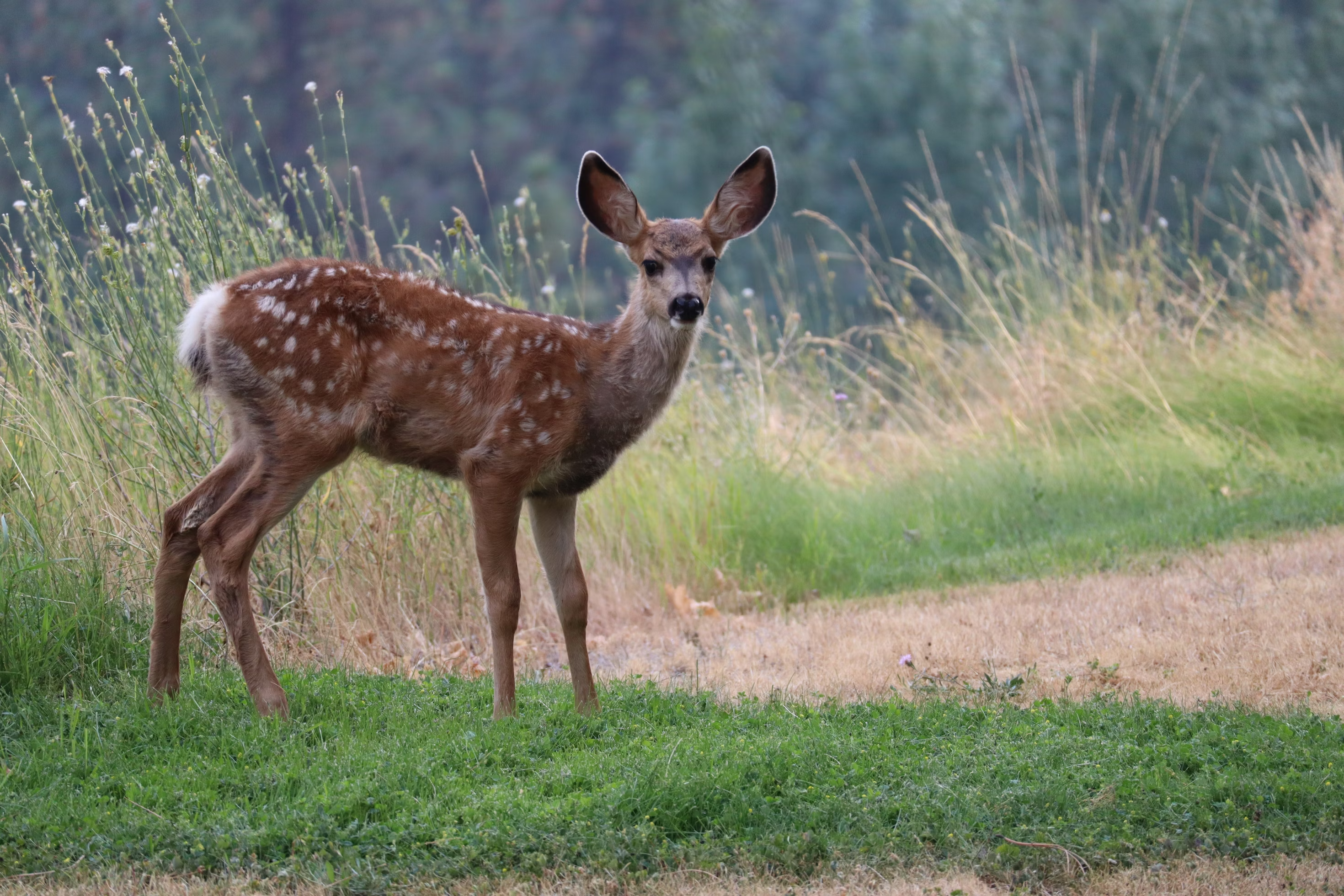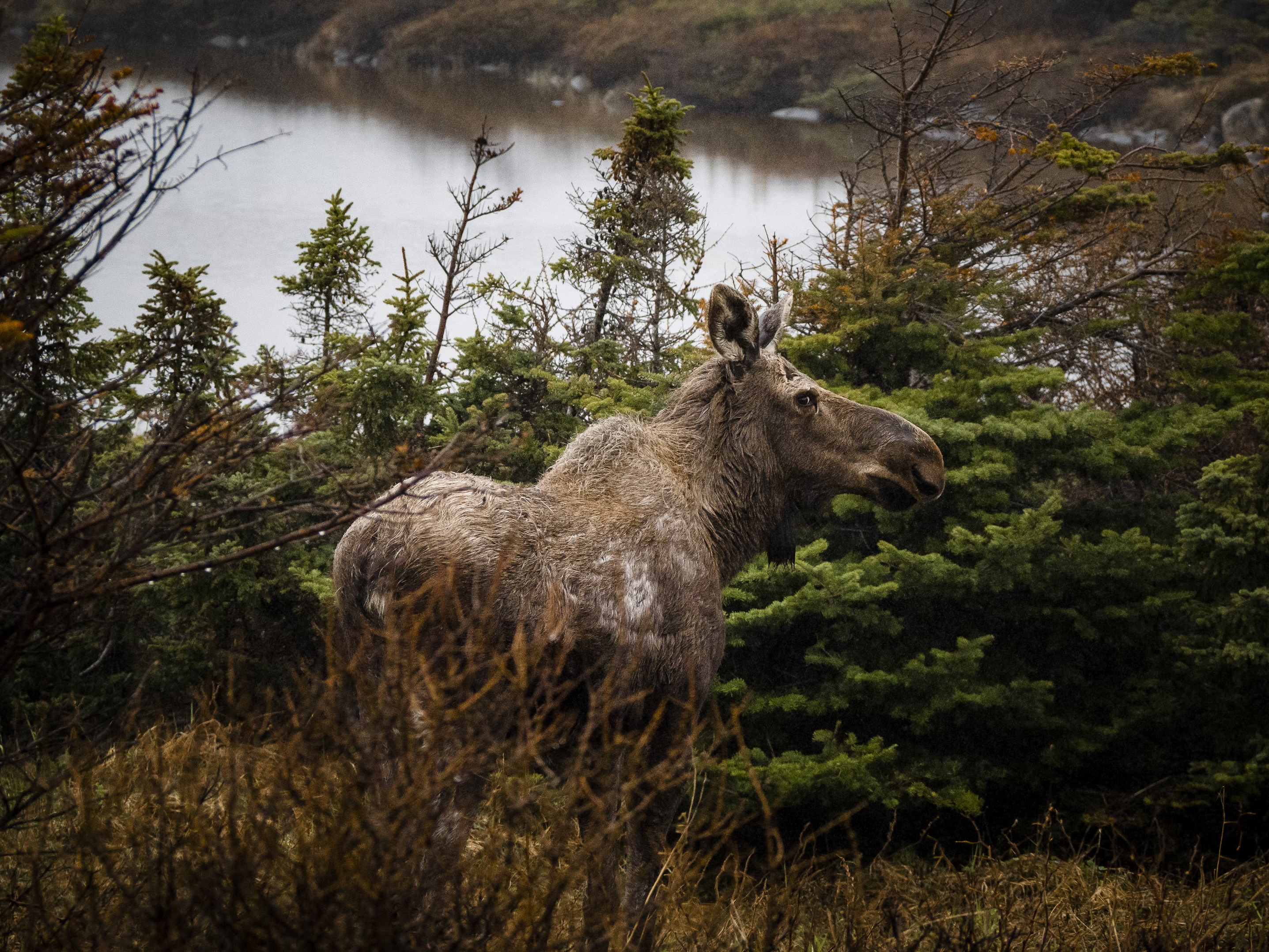Wildlife in Residence
.jpg)
The Western Moose: Giants of the Forest
The Western Moose, known for its imposing stature and sprawling antlers, is a symbol of the wilderness in North America. Thriving in dense boreal forests, these solitary giants are perfectly adapted to their cold environment, with thick fur and long legs that allow them to traverse deep snow with ease. Their diet consists primarily of leaves, twigs, and aquatic vegetation, which they consume in large quantities during the summer to build up fat reserves for the winter. Western Moose play a crucial role in their ecosystem, influencing the structure of their habitat by their foraging habits. Conservation efforts focus on habitat preservation and monitoring populations to ensure their continued prosperity. As human activities encroach on their territories, it's imperative to maintain a balance that allows for coexistence, ensuring the Western Moose remains a majestic fixture of the forest.
Eastern Moose: The Elusive Forest Dwellers
The Eastern Moose, slightly smaller than its western counterpart, roams the dense mixed forests of Eastern North America. Adapted to a life of solitude, these moose are known for their impressive agility, capable of navigating the rugged terrain of their habitat. Their diet is similar to that of the Western Moose, though Eastern Moose have a particular affinity for aquatic plants, which they often consume by wading into lakes and ponds. The Eastern Moose's habitat is threatened by logging and development, making conservation efforts critical to their survival. Programs aimed at protecting their ecosystems and mitigating human-wildlife conflicts are essential for preserving these elusive forest dwellers for future generations.

Eurasian moose(Elk): The Majestic Wanderers
Elk, also known as wapiti, are among the largest species in the deer family. They are distinguished by their impressive antlers, which can grow up to four feet above their head. Elk inhabit various ecosystems, ranging from mountain meadows to forest edges across North America. They are highly social animals, often seen in large herds that migrate seasonally between their summer and winter ranges. Elks play a significant role in their environments by influencing plant growth and providing prey for predators. Conservation efforts for elk focus on habitat management, ensuring that these majestic wanderers continue to thrive in their natural landscapes.

Caribou: Nomads of the North
Caribou, known as reindeer in Europe, are unique within the deer family for their circumpolar distribution and remarkable migrations. Both males and females grow antlers, a rarity among deer species. Caribou are adapted to cold environments, with thick fur and large hooves that act like snowshoes. They embark on some of the animal kingdom's longest migrations, traveling hundreds of miles between their summer and winter feeding grounds. Caribou are a vital part of indigenous cultures and ecosystems, with predators and humans alike depending on them. Climate change and habitat destruction pose significant threats to their populations, highlighting the need for international cooperation in conservation efforts.

Deer: Graceful Inhabitants of the Woods
Deer are among the most widespread and adaptable members of the cervid family, inhabiting diverse ecosystems across the globe. Characterized by their elegant stature and the males' distinctive antlers, deer have a varied diet that includes grass, leaves, and twigs. They play a critical role in their ecosystems, serving as prey for large predators and as seed dispersers, contributing to the health of the forest. With their populations affected by hunting, habitat loss, and disease, conservation efforts focus on sustainable management practices and habitat restoration to ensure that deer continue to grace our woodlands.
Sounds in the Wild
| Animal Type | Sound Description | MP3 Embedded Sound | Reference/Owner |
|---|---|---|---|
| Moose (Bull) | Roar | https://averagehunter.com/wild-game-downloads/moose/ | |
| Moose (Bull) | Charolais Bull Warning | https://averagehunter.com/wild-game-downloads/moose/ | |
| Moose (Female) | Mating Call | https://averagehunter.com/wild-game-downloads/moose/ | |
| Moose (Female) | Mating Call #2 | https://averagehunter.com/wild-game-downloads/moose/ | |
| Moose (Bull)) | Grunting | https://averagehunter.com/wild-game-downloads/moose/ |

